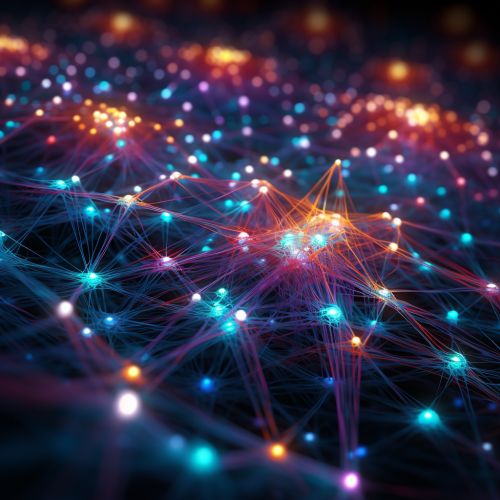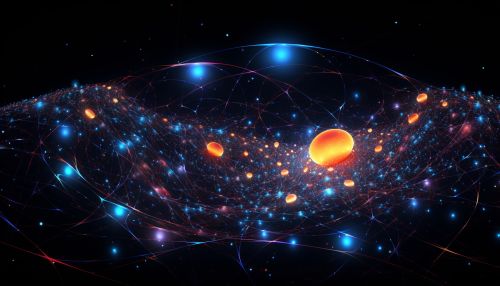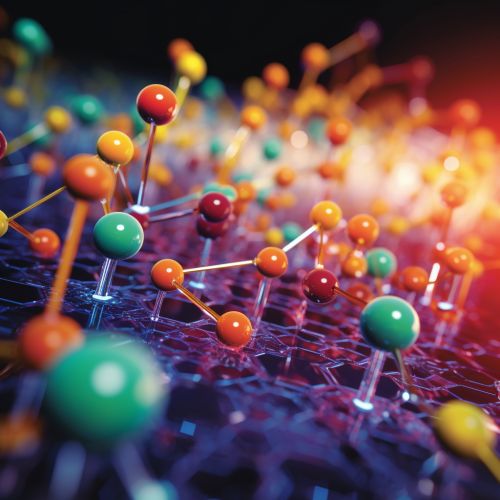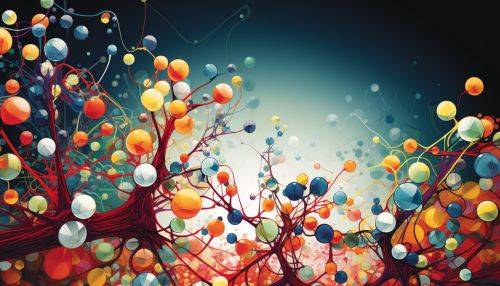Quantum Computing and its Future Implications
Introduction
Quantum computing is a rapidly evolving field that leverages the principles of quantum mechanics to process information. Unlike classical computers that use bits (0s and 1s) to process information, quantum computers use quantum bits, or qubits, which can exist in multiple states at once thanks to a property known as superposition. This allows quantum computers to process a vast number of possibilities simultaneously, potentially solving certain types of complex problems much more efficiently than classical computers.


Quantum Mechanics and Quantum Computing
Quantum mechanics is a fundamental theory in physics that describes the physical properties at the microscopic scale, such as the behavior of subatomic particles. It differs significantly from classical physics, introducing concepts such as superposition and entanglement, which are key to quantum computing.
Superposition
Superposition is a fundamental principle of quantum mechanics that allows particles to exist in multiple states at once. In the context of quantum computing, a qubit in a superposition can be both 0 and 1 at the same time. This is a significant departure from classical computing, where a bit can be either 0 or 1, but not both.
Entanglement
Entanglement is another quantum phenomenon where pairs or groups of particles interact in ways such that the state of each particle is dependent on the state of the others, no matter the distance between them. This property is used in quantum computing to link qubits in a way that amplifies their computational power.


Quantum Computers
Quantum computers leverage the principles of quantum mechanics to perform computations. They use qubits as their basic unit of information, which, thanks to superposition and entanglement, can process vast amounts of data simultaneously.
Quantum Gates
Quantum gates are the basic building blocks of quantum circuits. They operate on a small number of qubits, changing their quantum state. Unlike classical gates, quantum gates are reversible and can perform operations on superpositioned and entangled states.
Quantum Algorithms
Quantum algorithms are a set of instructions used in quantum computing to perform a task. They take advantage of quantum phenomena such as superposition and entanglement to solve problems more efficiently than classical algorithms. Examples of quantum algorithms include Shor's algorithm for factoring large numbers and Grover's algorithm for searching unsorted databases.


Future Implications of Quantum Computing
Quantum computing has the potential to revolutionize various fields, including cryptography, optimization, drug discovery, and more. However, it also poses new challenges and risks.
Cryptography
Quantum computers could potentially break many of the cryptographic systems currently in use. For instance, Shor's algorithm could factorize large numbers efficiently, threatening the security of RSA encryption. This has led to the development of quantum-resistant cryptography, which aims to build cryptographic systems that even quantum computers cannot break.
Optimization
Quantum computers could significantly improve optimization problems, which involve finding the best solution from a set of possible solutions. This could have applications in logistics, finance, machine learning, and more.
Drug Discovery
Quantum computing could also accelerate drug discovery by simulating molecular interactions at an unprecedented scale and speed. This could lead to the development of new drugs and treatments.


Challenges and Risks
Despite its potential, quantum computing also poses new challenges and risks. These include the difficulty of building and maintaining quantum computers, the risk of quantum computers being used for malicious purposes, and the societal implications of quantum technology.
Conclusion
Quantum computing is a promising field that could revolutionize various areas of science and technology. However, it also presents new challenges and risks that need to be addressed. As the field continues to evolve, it will be crucial to navigate these challenges and ensure that quantum computing is used for the benefit of all.


